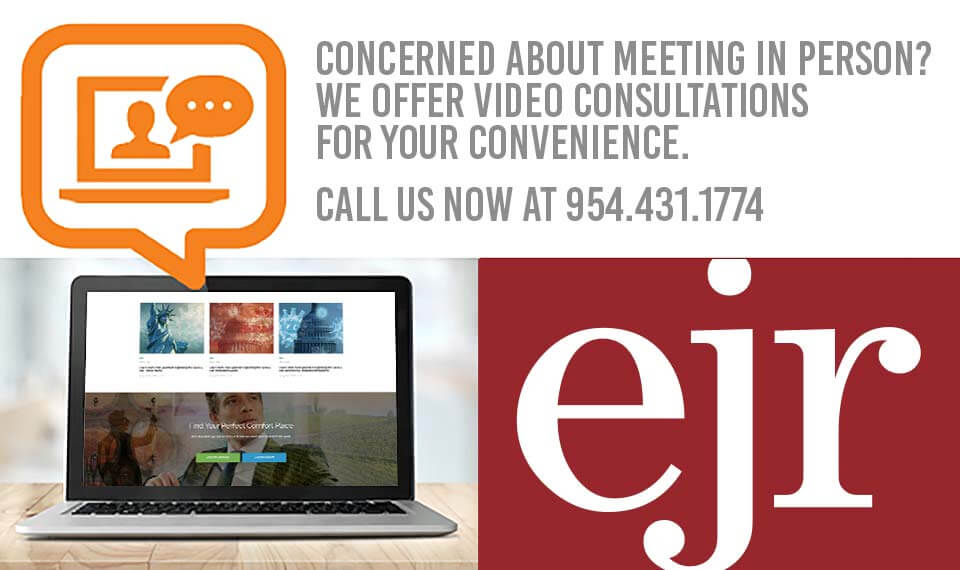Most financial advisors are skilled salespeople, but 401(k) advisors require a different sales approach and an entrepreneurial mindset. The buyer isn’t always the end user and sales pitches are aimed at a human resource executive, a CEO or a CFO, rather than plan participants. Most financial advisors are more accustomed to selling to individuals, whereas 401(k) plans, especially those of larger organizations, involve tailoring conversations to a decision maker or committee before any presentations are made to the ultimate users; the participants.
In addition, to be a successful retirement plan advisor the service model must be tweaked. Whereas financial advisors meet with clients perhaps a few times per year, an average 401(k) plan client requires more attention. Advisors are expected to provide investment monitoring reports, set up meetings for new plan enrollees, and facilitate fiduciary committee meetings several times a year.
For the financial advisor who seriously wants to increase 401(k) business or those who want to get started in the 401(k) business, there is plenty of opportunity. Those willing to do a top-notch job as a 401(k) advisor will find plenty of occasions to develop and increase their book of business. Following the 7 steps below will get financial advisors closer to that success.
- FIDUCIARY DIFFERENTIATION:
As a 401(k) advisor, you have to determine your market and which 401(k) plans you will target. Will you target larger plans or plans that are smaller in asset size? If you are a registered investment advisor, you will also have to determine what your fiduciary role will be, will you be a co-fiduciary, or a type of ERISA fiduciary? If you are a broker, be mindful of rules the Department of Labor implements that may define you as a fiduciary. Acting as a fiduciary allows 401(k) advisors to separate themselves from the crowded financial advisor competition. The fiduciary responsibility also helps to set trust by making it clear that all recommendations made are based solely on the clients’ best interest.
To understand Fiduciary responsibilities better, you can read the articles below.
- Are You a Fiduciary?
- Fiduciary Responsibilities for Retirement Plans
- Types of ERISA Fiduciaries
- Fiduciary Checklist for Hiring Service Providers
- KNOW THE 401(k) BUSINESS:
There is an awful lot to learn for those that focus on retirement plans. The industry is always evolving, and anyone from novice to expert needs to dedicate time in order to keep their skills, and knowledge base, sharp. Get in-depth fiduciary training and education as well as investment analysis and consulting expertise. It’s most likely that financial advisors working in this specialized area will be deemed a plan fiduciary. They need to understand how to both assist plan sponsors in mitigating their fiduciary liabilities, as well as their own. There are a number of resources for this type of education. The National Association of Plan Advisors, part of the American Retirement Association, offers credentialed programs for the Certified Plan Fiduciary Advisor (CPFA) or Qualified Plan Financial Consultant (QPFC).
Having a working knowledge of the Employee Retirement Income Security Act (ERISA) of 1974 is pertinent. Learning the act’s rules and regulations is the main differentiator between wealth management and retirement plan advising. It’s almost like getting a quasi-law degree and advisors must be prepared to invest time acquiring this specialized kind of knowledge. There are modules on retirement plans included in the Certified Financial Planner (CFP) Designation, as well as online resources provided by the Society of Certified Retirement Plan Financial Advisors.
However, advisors don’t need to be ERISA experts. They can partner with record-keeping firms or independent third-party administrators (TPAs) who can provide that expertise. Advisors do need to have somewhat of a technical understanding of the inner workings of 401(k) plans, though. For example, knowing plan design and the functions of different vendors such as record keepers and TPAs to be able to hire and monitor experts.
- SEEK OUT THE 401(k) EXPERTS:
For 401(k) advisors with limited retirement plan expertise, to look smart on 401(k) plans, surround yourself with smart 401(k) people that already have the certifications and knowledge you need. Being a financial advisor is difficult enough, so you aren’t expected to become retirement plan experts. However, it is important to have enough knowledge to know when to bring in the experts so that your clients are not at a disadvantage. As a financial advisor, you need to augment your services and show why your services have a value compared to the competition and the best way to do it is to rely on retirement plan consultants and ERISA attorneys for advice, consulting, and knowledge. It doesn’t make you look bad to bring in another subject matter expert. You are the relationship manager, the “head coach’; and you have the power to influence the client to move one way or another because of your relationships. Also, remember to avoid the producing TPA. Producing TPAs are firms that also have an advisory business. While people can argue about the value of producing TPAs, you have to realize that since they are in the 401(k) advisory business, they are also your competition.
- DEVELOP STRATEGIC ALLIANCES:
Make it easier for other business professionals in your circles of influence to understand the 401(k) business. Partner with, and educate, independent payroll providers, property and casualty agents, auditing and CPA firms. Teach them about the state-of-the-art options in plan design, and tax benefits of retirement plans at both the corporate and employee level. Many of these people are very outdated in their knowledge level, which creates big referral opportunities. Getting close to those that know key decision makers in the 401k advisor hiring process makes it easier to get introduced to the right people in order to spend the right amount of time in closing and on-boarding new business.
- EDUCATE AND PROBLEM SOLVE:
Once you’ve solved a complicated situation for one client, look to apply the solution to other clients. If one client had an issue, very often so do others and often don’t know it. It’s exactly how niche markets are developed and can lead to a thriving practice.
Certain types of businesses can have similar objectives for their 401(k) plans, and thus similar plan designs will work best for them. For example, medical specialist practices that have a handful of very highly-compensated doctors, as well as a handful of lower-compensated staff, are usually interested in methods to maximize the amount of money the doctors can contribute to a plan. A specific plan design, one that combines a 401k profit sharing plan with a cash balance defined benefit plan, for example, is a good way to do it. Advisors who specialize in this approach gain credibility and can win business, and referrals, from firms that are similar.
- OBTAIN ORGANIC BUSINESS REFERRALS:
The most valuable form of marketing is word-of-mouth. Many great leads can come from an advisor’s existing client base, even if the clients are not in charge of a company retirement plan. When wealth management clients are familiar with 401(k) services offered, they can provide referrals year after year. A way to ensure your client base is knowledgeable enough to refer is to provide educational platforms and experiences for clients and prospective clients that allow them to experience the level of expertise and understanding required for proper retirement strategy including extenuating industry circumstances.
However, ensure to qualify a referral and limit wasted time with the wrong person that has no influence or authority to make a decision on a 401(k) plan. Get in front of the right person and bring in the right resources to close. You have to make a conscious effort to distinguish between wealth management and retirement planning when speaking with a prospect and ensure the right questions are being asked. Here are some good qualifying and discovery questions to ask (link to the qualifying and discovery questions).You also need to know when to lean on a TPA that can come in and put a proposal together for a group-level conversation and help close the business.
- BE SEEN AS A LEADER:
Use your strengths as the relationship specialist to your advantage. Share informative content with your client and prospect database. Use social media, emails and blogs, if your firm allows them, to share content that will show your expertise. You can write, use videos or podcasts to get your message across. Creating this type of content is great for branding and overall business development and the most cost effective tools you can use. Developing original content can be time consuming and maybe you don’t yet have the expertise to do it. Your firm may have access to pre-approved third-party content that you can use to show you are thinking of ways to help your prospects. Distributing and sharing such material as your own helps to ensure you are top-of-mind when the opportunity arises. There is no shortage of available information, but sharing information from experts you know you can lean on to close a sale shows your client that you have a network of quality people that can ensure a quality plan design based on their needs. The EJReynolds blog regularly produces quality content geared to keeping plan sponsors informed as well as helping advisors keep their clients knowledgeable.
Building any type of business isn’t easy. If you are dedicated to your clients and dedicated to the role of a 401(k) retirement plan advisor, you will succeed as long as you show a value to the service you provide. Although the sales process is longer (these plans do not close overnight), they tend to be sticky assets that will help you retain assets under management with additional sales opportunities. With so many changes to the retirement plan marketplace which can have plan sponsors reconsider their current plan providers, it may be the opportunity you need to exploit and build a 401(k) advisory business.


